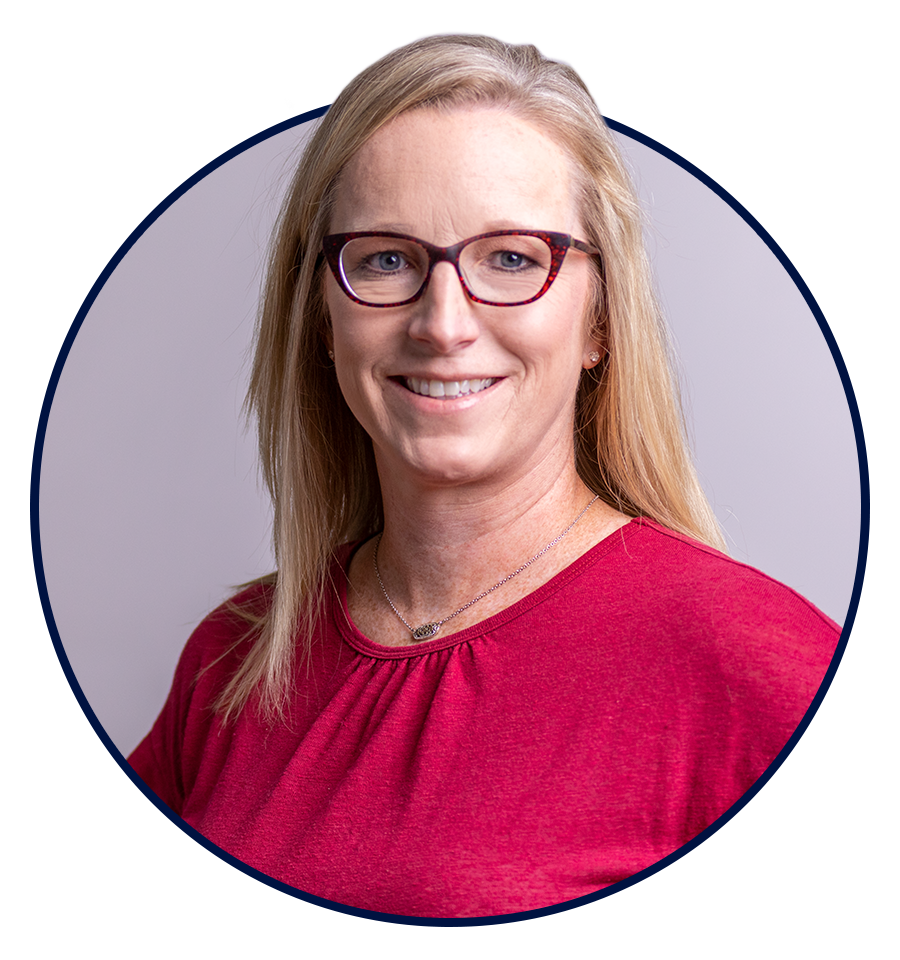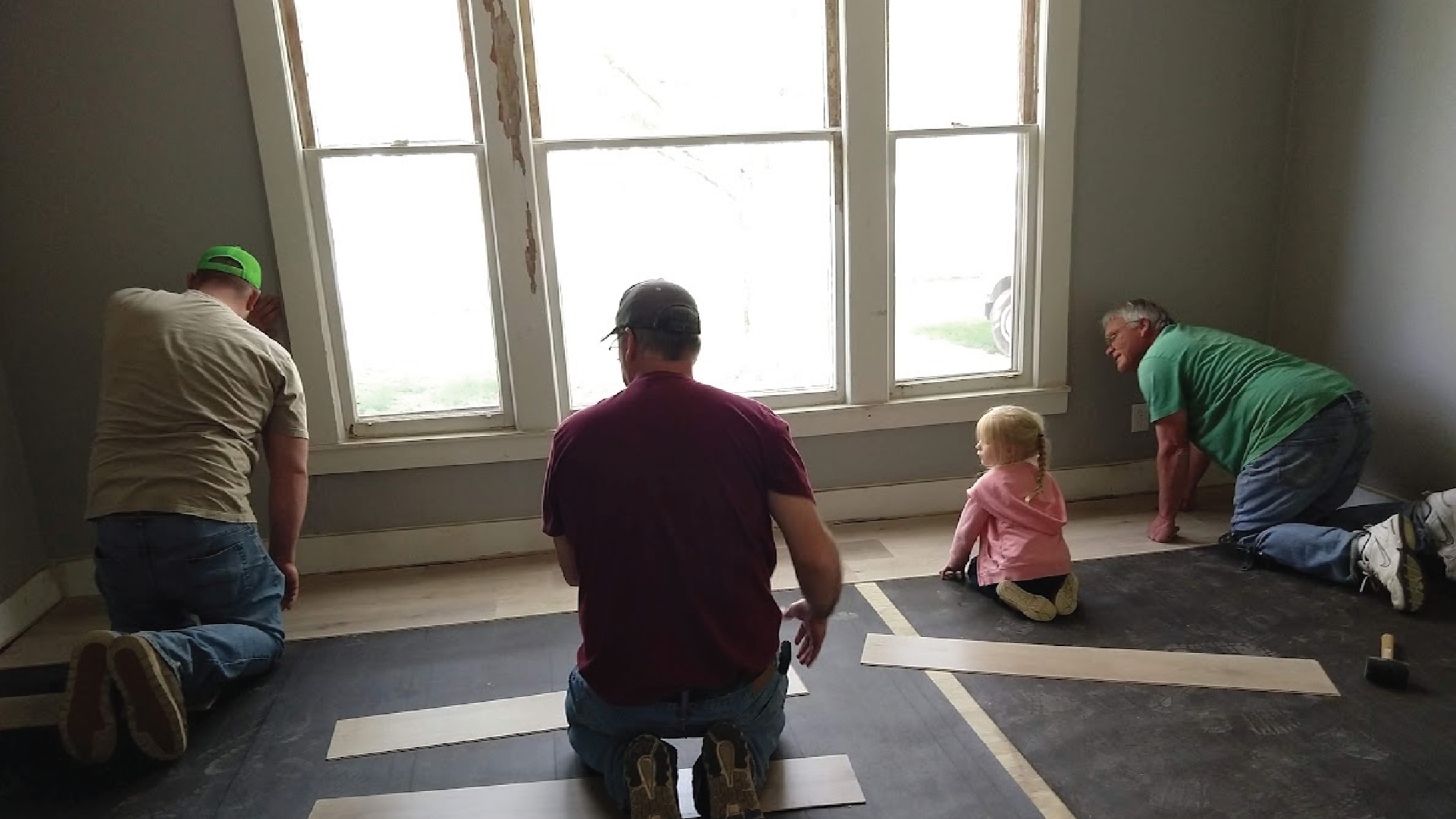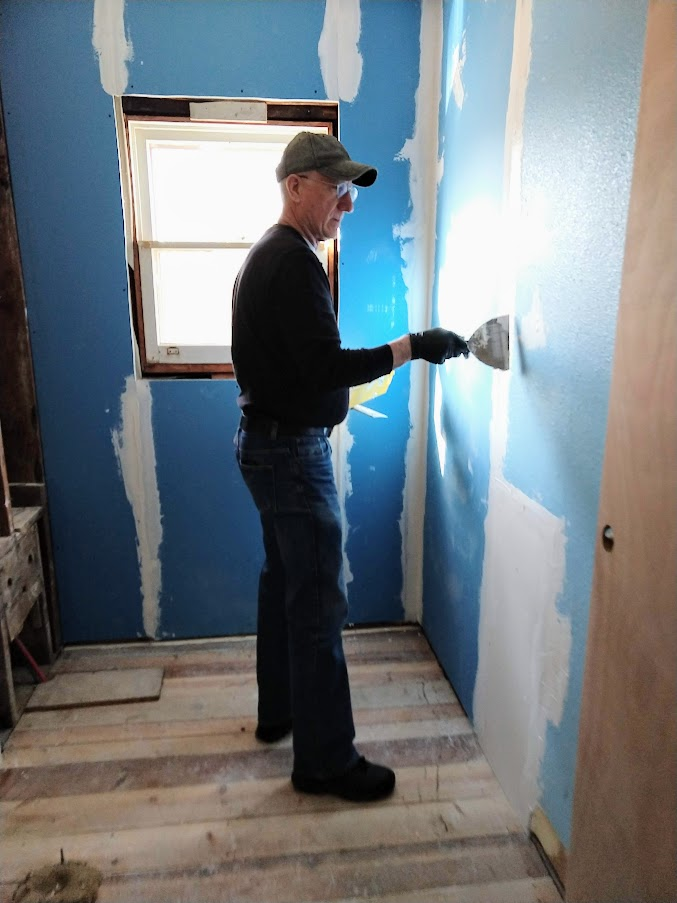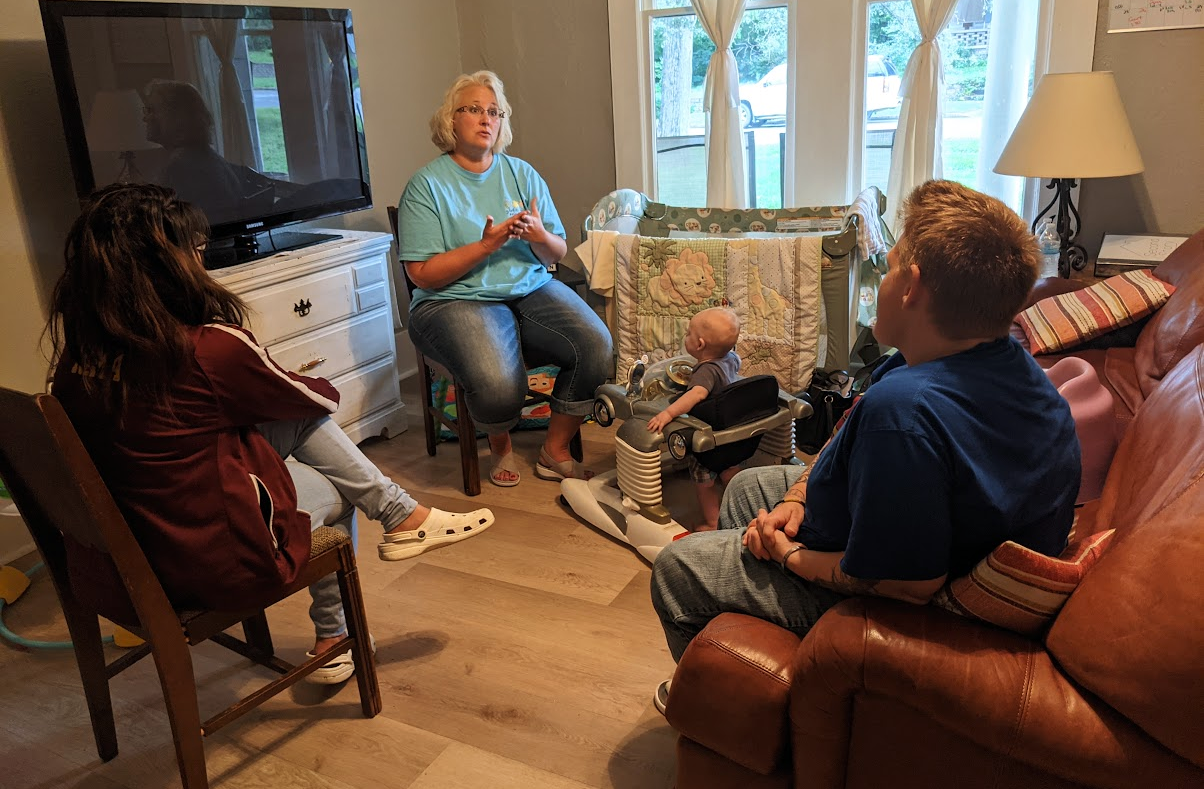Transitional Housing: Dream Big, Start Small
 Amanda Fisher
Amanda Fisher
Community Engagement Director
Read more from Amanda
Starting a transitional housing ministry for people struggling in chronic poverty or homelessness may seem an impossible stretch for smaller churches or nonprofits. Designing a program from scratch that seeks to provide support, training, supervision, and ultimately self-sufficiency for the participants is daunting. The to-do list alone may be a deterrent: fundraising, acquiring an apartment complex or multiple houses, determining participant qualifications and program guidelines, and hiring a team of experts to practice case management, teach classes, and handle the maintenance.
But, consider Second Story, launched in 2018 by LifeWalk church in rural Nevada, MO. This 100% volunteer-run ministry, led by Rachel Fast, has taken a more “bite-sized” approach to transitional housing. LifeWalk’s smaller model helps free people from poverty and homelessness and is within reach of almost any church or nonprofit.
Rachel’s dream for Second Story began as she got to know the people at Lifewalk’s Hotdog Hangout, a monthly cookout designed to connect to the unchurched. She quickly learned the need was more than filling empty bellies. Some she met were sleeping in sheds or surfing from couch to couch. Others had no electricity to cook the canned food they received from the local pantry, while others didn’t own a can opener. Most struggled with mental health, addictions, or both.
Rachel, a full-time teacher, read some articles on transitional housing but had no idea what starting the ministry entailed. She studied Marvin Olasky’s 7 Marks of Compassion through True Charity University and sought wisdom and tools from a larger, seasoned transitional housing ministry with a large donor base and a full-time team.
With limited funds, a commitment from many volunteers was vital. Rachel communicated her vision for this life-changing, developmental approach. She quickly created buy-in and ignited enthusiasm, as many congregation members saw a need for an alternative to the undignified, dead-end approach to one-way giving. This was a perfect opportunity for the church to live out its value to “be spiritual contributors,” not “spiritual consumers.”
Rachel wanted to “make it as easy as possible for the volunteers, so they can focus on the relationship.” She did this by encouraging people to commit to serving where it was most natural for them based on their giftings and skills. Volunteer positions varied from short-term to long-term (no more than 6 months at a time); some positions were regular, and others were on an as-needed basis.
Second Story makes this bite-sized approach possible through volunteers in six categories:
1) House Preparation
The church purchased a small, inexpensive duplex needing renovations. Church members with trade skills or DIY experience volunteered to complete projects including demolition, sheetrock, and flooring.
LifeGroups helped and continue to help in various ways:
- Providing a fresh coat of paint
- Decorating the units with donated furniture and household items to feel welcoming
- Cleaning up the yard and landscaping
- Completing a deep clean before residents’ move-in
- Delivering a home-cooked meal to new residents
2) Program Planning Team
A team of volunteers met regularly for several months to determine program details. They modified documents shared by another transitional housing ministry to fit their specific needs. This wasn’t a group of administrative or policy experts; the team consisted of people of varying backgrounds and education committed to ensuring success for the residents. They finalized documents, including the resident application, handbook, and accountability sheet.

3) Application and Interview Team
Second Story residents are carefully chosen based on only two available units and the vigorous 6-month needs-based program. A volunteer team, consisting of a bus driver/lay preacher, a social worker, and a school administrator, agreed to review applications and the Readiness for Change and Well-Being Questionnaire completed by each resident. They also complete drug screenings, conduct interviews, and assist in selecting residents.

4) Budget Counselor and Family Advocate
Second Story residents meet with a budget counselor and a family advocate weekly for one to two hours to set and review goals and action steps. The budget counselor does not have to be a CPA or have a degree in finance, and the family advocate does not have to be a social worker. With a brief overview of the program and documents, these positions are filled with people committed to developing relationships, helping with budgeting, and holding residents accountable. These two volunteers commit to only one resident or family at a time for 6 months, making it easier for them to commit. After a resident graduates, the pair can take a break, as two different volunteers work with the next family.
5) Life Skills Sessions
Every resident attends a weekly life-skills session. This is an opportunity for church members to share their interests and skill sets in ways they may not have considered before. Rachel has identified people in the church and community willing to share their strengths with residents. Some volunteers commit to several weeks or months, while others commit to only one session, depending on the topic and need.
These sessions vary and are centered on the needs of each resident/family. The list is almost endless, but here are a few examples:
- Someone skilled in sewing teaches residents practical mending skills, such as sewing on a missing button or repairing a torn hem.
- A person who loves cooking shares and models how to plan and prepare meals.
- A church member who has battled anxiety shares practical skills they’ve learned to cope.
- A person with strong writing skills offers resumé assistance.
- A law enforcement officer shares safety habits and demonstrates basic self-defense maneuvers.
- A person with a passion for helping people discover their gifts guides residents in building dream boards.
Life Skills lessons with Volunteer

6) Professional Needs
While many professionals have time constraints that prohibit them from volunteering their services on a large scale, they likely have time to help 1-2 families at a time. Rachel built relationships with professionals in both the church and community willing to support Second Story in the following ways:
- An optometrist offers free vision screenings to residents and a discounted rate on glasses/contacts.
- A dentist provides free cleaning and consultation, and a discounted rate on restorative work.
- A dietician consults with residents to discuss healthy diet and exercise options.
- An auto mechanic offers assistance with services at a free or discounted rate.
-
Professional CPA Discussing Financial Topics
A CPA is willing to discuss financial topics such as taxes and credit reports.
- A church member with a lawn business mows during the summer months.
- An attorney is willing to answer legal questions when they arise.
Rachel suggests that those interested in starting a ministry like Second Story “think about how to recruit lots of volunteers and help them understand their value,” adding, “it is important to empower and appreciate your volunteers.” Should you use volunteers in transitional housing or other current ministries, check out True Charity’s Volunteer Engagement Toolkit. (Toolkits are member-exclusive content; learn more about Toolkits and network membership.)
Second Story is a beautiful representation of the body of Christ working together to love people. The various volunteer opportunities make it possible for people of all skill sets and interests to assist where they fit best, making the program uniquely within reach of smaller nonprofits and churches. Your nonprofit or church may be more equipped than you think to help others write their “second story.”

This article is just the tip of the iceberg for the practical resources available through the True Charity Network. Check out all of the ways the network can help you learn, connect, and influence here.
Already a member? Access your resources in the member portal.




